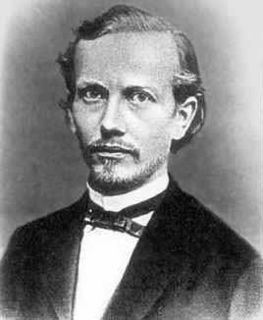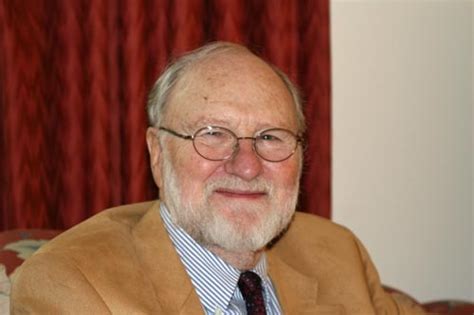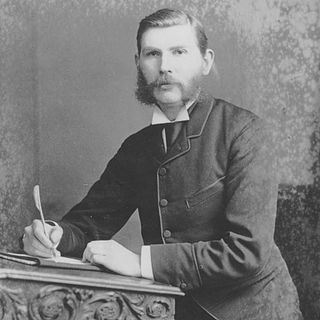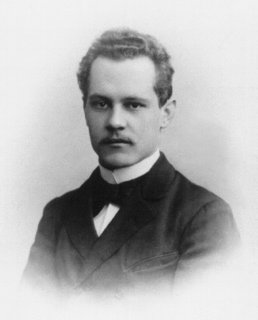A Quote by Bertrand Russell
Formality Thus the absence of all mention of particular things or properties in logic or pure mathematics is a necessary result of the fact that this study is, as we say, "purely formal".
Related Quotes
In other words, the propositions of philosophy are not factual, but linguistic in character - that is, they do not describe the behaviour of physical, or even mental, objects; they express definitions, or the formal consequences of definitions. Accordingly we may say that philosophy is a department of logic. For we will see that the characteristic mark of a purely logical enquiry, is that it is concerned with the formal consequences of our definitions and not with questions of empirical fact.
It is difficult to remove by logic an idea not placed there by logic in the first place. By nature, we are emotional creatures. Often we live and react based on feelings, not logic. Feelings are wonderful, but when we become tied to a particular thought or belief we tend to ignore the fact that change might be necessary.
...mathematics is distinguished from all other sciences except only ethics, in standing in no need of ethics. Every other science, even logic, especially in its early stages, is in danger of evaporating into airy nothingness, degenerating, as the Germans say, into an arachnoid film, spun from the stuff that dreams are made of. There is no such danger for pure mathematics; for that is precisely what mathematics ought to be.
The point of mathematics is that in it we have always got rid of the particular instance, and even of any particular sorts of entities. So that for example, no mathematical truths apply merely to fish, or merely to stones, or merely to colours. So long as you are dealing with pure mathematics, you are in the realm of complete and absolute abstraction. . . . Mathematics is thought moving in the sphere of complete abstraction from any particular instance of what it is talking about.
In [Aristotle's] formal logic, thought is organized in a manner very different from that of the Platonic dialogue. In this formal logic, thought is indifferent toward its objects. Whether they are mental or physical, whether they pertain to society or to nature, they become subject to the same general laws of organization, calculation, and conclusion - but they do so as fungible signs or symbols, in abstraction from their particular "substance." This general quality (quantitative quality) is the precondition of law and order - in logic as well as in society - the price of universal control.
To treat programming scientifically, it must be possible to specify the required properties of programs precisely. Formality is certainly not an end in itself. The importance of formal specifications must ultimately rest in their utility -in whether or not they are used to improve the quality of software or to reduce the cost of producing and maintaining software.


































